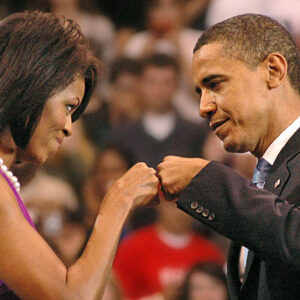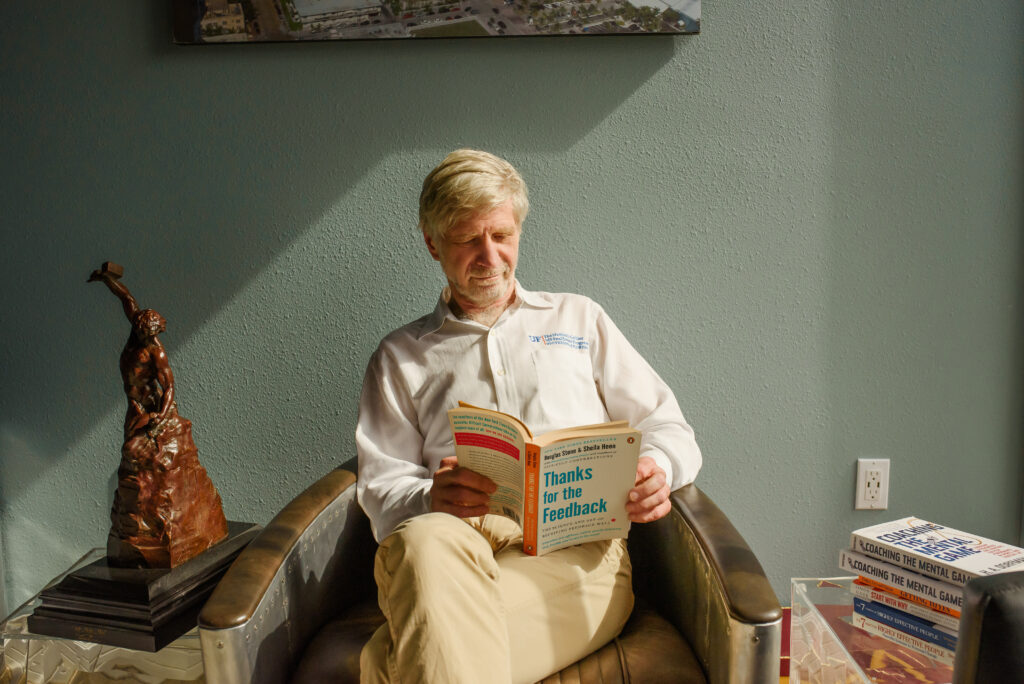We humans are a social bunch and we love to communicate. Increasingly, scientists are teasing out the communicative value of “momentary touches”: high fives, fist pounds, belly bumps, shoulder/arm touches, mini hugs. In a study of the National Basketball Association to be published in an upcoming issue of the journal “Emotion,” researchers Kraus, Huang and Keltner report that “good teams tended to be touchier than bad ones. The most touch-bonded teams were the Boston Celtics and the Los Angeles Lakers, currently two of the league’s top teams; at the bottom were the mediocre Sacramento Kings and Charlotte Bobcats.”
Why should momentary touches help us perform better? Perhaps because they build camaraderie, let us know we are not alone, that we have supporting relationships to call on. Even brief touches can reduce stress.
“A warm touch seems to set off the release of oxytocin, a hormone that helps create a sensation of trust, and to reduce levels of the stress hormone cortisol. In the brain, prefrontal areas, which help regulate emotion, can relax, freeing them for another of their primary purposes: problem solving. In effect, the body interprets a supportive touch as ‘I’ll share the load.’ ‘We think that humans build relationships precisely for this reason, to distribute problem solving across brains,’ said James A. Coan, a psychologist at the University of Virginia. ‘We are wired to literally share the processing load, and this is the signal we’re getting when we receive support through touch.’” (New York Times, “Evidence that Little Touches Do Mean So Much,” February 22, 2010)
However we choose to do it, the lesson here may simply be that we need each other and the better we support each other and are willing to demonstrate that support, the better we all will perform in the great game of life.
Closing Quote:
“Let us touch the dying, the poor, the lonely and the unwanted according to the graces we have received and let us not be ashamed or slow to do the humble work.” — Mother Teresa, Nobel Peace Prize winner, 1910-1997





